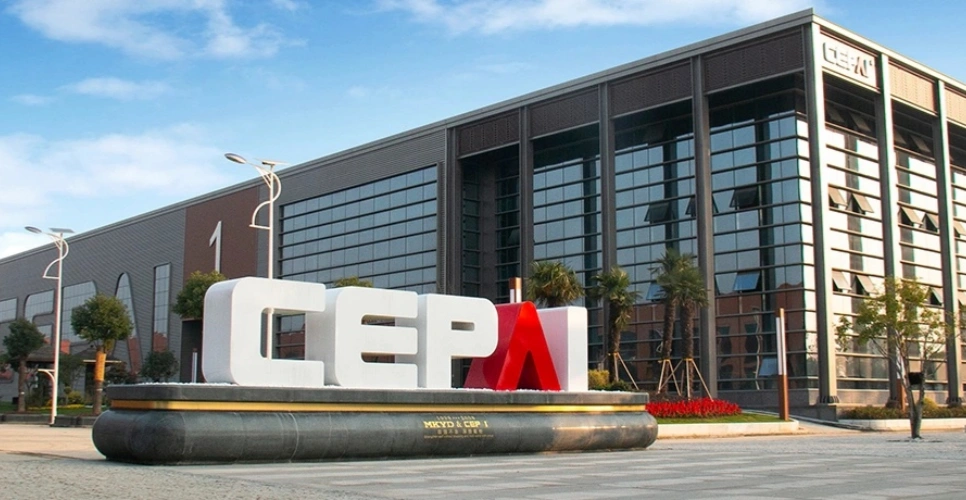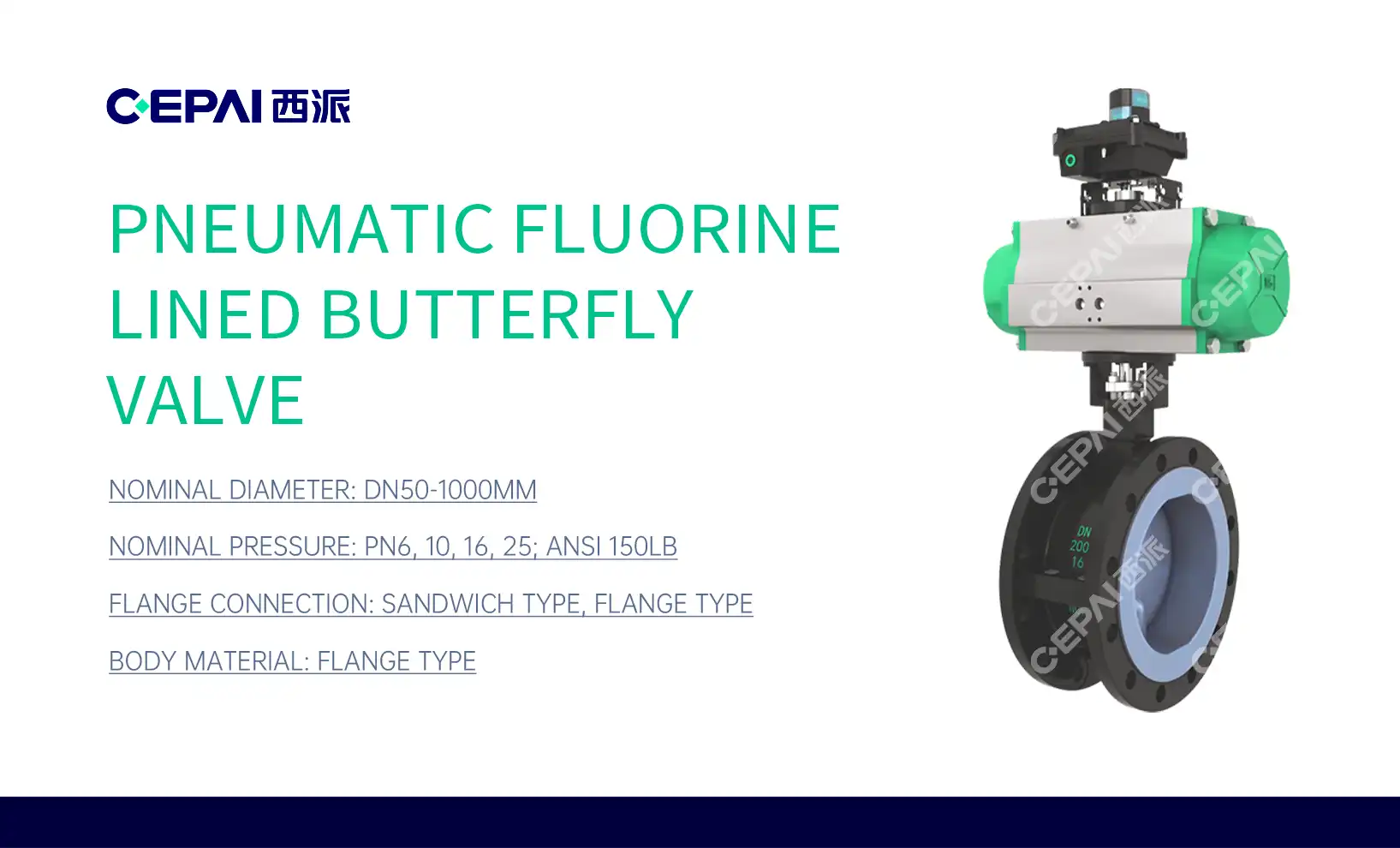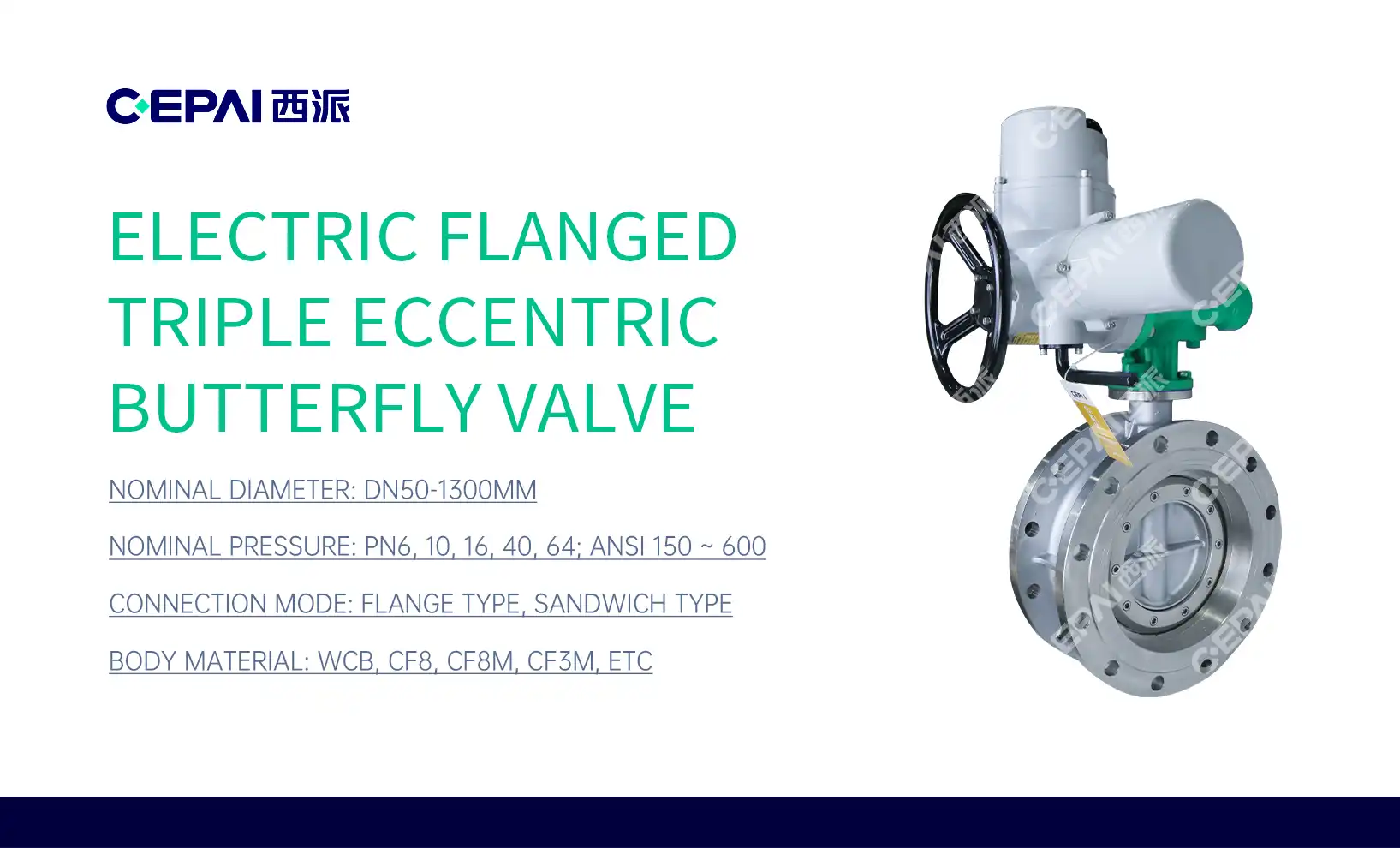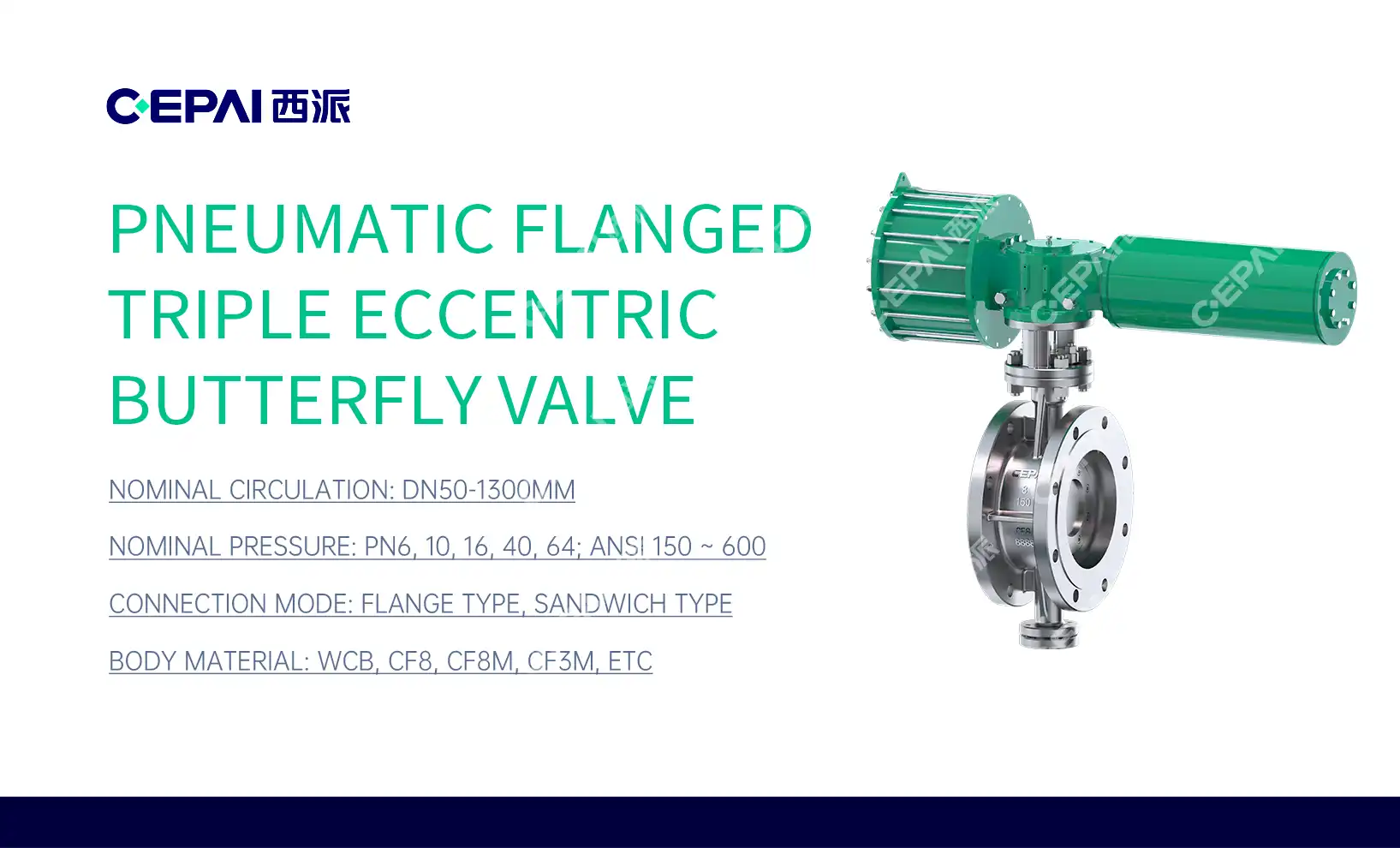What Makes Fluorine-Lined Ball Valves Ideal for Sulfuric Acid Applications?
Fluorine-lined ball valves are exceptionally well-suited for sulfuric acid applications due to their superior chemical resistance and durability. These valves feature a protective fluoropolymer lining, typically made of materials like PTFE or PFA, which provides an impermeable barrier against corrosive substances. The fluorine-based lining offers exceptional resistance to sulfuric acid, preventing degradation of the valve's internal components. This unique combination of a robust metal body and chemically inert lining allows fluorine-lined ball valves to maintain their integrity and performance in harsh sulfuric acid environments, ensuring reliable operation and extended service life. Their ability to withstand extreme temperatures and pressures further enhances their suitability for demanding industrial processes involving sulfuric acid.

Understanding Fluorine-Lined Ball Valves and Their Properties
Composition and Structure of Fluorine-Lined Ball Valves
Fluorine-lined ball valves are engineered with meticulous attention to detail, combining the strength of metal with the chemical resistance of fluoropolymers. The valve's core structure consists of a robust metal body, typically crafted from materials such as stainless steel or carbon steel, providing the necessary mechanical strength and pressure-bearing capacity. The interior surfaces of the valve, including the ball, seats, and body cavity, are lined with a fluoropolymer material, most commonly polytetrafluoroethylene (PTFE) or perfluoroalkoxy alkane (PFA).
This lining process involves precision techniques to ensure a uniform and seamless coating, eliminating any potential weak points or areas of vulnerability. The fluoropolymer layer is applied using advanced methods such as rotomolding or spray coating, depending on the specific valve design and requirements. The result is a valve that combines the structural integrity of metal with the chemical inertness of fluoropolymers, creating a formidable barrier against corrosive substances like sulfuric acid.
Chemical Resistance Properties of Fluoropolymer Linings
The fluoropolymer lining in these ball valves exhibits remarkable chemical resistance properties, making them ideal for sulfuric acid applications. The unique molecular structure of fluoropolymers, characterized by strong carbon-fluorine bonds, renders them virtually impervious to chemical attack. This chemical inertness stems from the high electronegativity of fluorine atoms, which creates a protective shield around the carbon backbone of the polymer.
In the context of sulfuric acid applications, this resistance is particularly crucial. Sulfuric acid, known for its highly corrosive nature, can rapidly degrade many conventional materials. However, the fluoropolymer lining remains unaffected by sulfuric acid across a wide range of concentrations and temperatures. This exceptional resistance extends to other aggressive chemicals as well, including hydrochloric acid, nitric acid, and various organic solvents, broadening the valve's applicability in diverse chemical processing environments.
Temperature and Pressure Handling Capabilities
Fluorine-lined ball valves demonstrate impressive temperature and pressure handling capabilities, further solidifying their position as the go-to choice for sulfuric acid applications. The fluoropolymer lining maintains its integrity and performance across a broad temperature spectrum, typically ranging from -60°C to 200°C (-76°F to 392°F), depending on the specific fluoropolymer used and the valve design.
This wide temperature range is particularly advantageous in sulfuric acid processes, which often involve elevated temperatures. The valves can withstand thermal cycling without compromising their sealing properties or chemical resistance. In terms of pressure handling, fluorine-lined ball valves are designed to operate efficiently under high-pressure conditions, with many models capable of withstanding pressures up to 300 psi or more, depending on the valve size and construction.
The combination of high temperature and pressure resistance, coupled with exceptional chemical inertness, makes fluorine-lined ball valves uniquely suited for the demanding conditions encountered in sulfuric acid handling and processing applications. This robustness ensures reliable performance and longevity, even in the most challenging industrial environments.
Advantages of Fluorine-Lined Ball Valves in Sulfuric Acid Applications
Corrosion Resistance and Longevity
The paramount advantage of fluorine-lined ball valves in sulfuric acid applications is their unparalleled corrosion resistance. The fluoropolymer lining acts as an impenetrable barrier, shielding the valve's metal components from direct contact with the corrosive acid. This protection extends the operational lifespan of the valve significantly, far beyond what conventional valves can offer in similar environments.
The longevity of these valves translates into reduced maintenance requirements and fewer replacements, leading to substantial cost savings over time. In sulfuric acid processing plants, where downtime can be extremely costly, the reliability of fluorine-lined ball valves becomes a critical factor in maintaining operational efficiency and productivity.
Minimized Contamination and Product Purity
Fluorine-lined ball valves play a crucial role in maintaining product purity in sulfuric acid applications. The inert nature of the fluoropolymer lining prevents any chemical reactions or leaching that could contaminate the process fluid. This is particularly important in industries where even minute impurities can have significant consequences, such as in semiconductor manufacturing or pharmaceutical production.
The smooth surface of the fluoropolymer lining also minimizes the potential for product buildup or residue accumulation within the valve. This characteristic not only helps maintain flow efficiency but also reduces the risk of cross-contamination between different batches or products. The ease of cleaning and flushing these valves further enhances their ability to maintain high standards of purity in sulfuric acid handling processes.
Enhanced Safety and Environmental Considerations
Safety is paramount in any industrial setting, especially when dealing with hazardous substances like sulfuric acid. Fluorine-lined ball valves contribute significantly to operational safety through their robust design and reliable sealing properties. The superior chemical resistance of these valves minimizes the risk of leaks or failures that could lead to dangerous spills or exposure to corrosive chemicals.
From an environmental perspective, the durability and leak-proof nature of fluorine-lined ball valves align well with increasingly stringent environmental regulations. By preventing fugitive emissions and reducing the likelihood of accidental releases, these valves help industries comply with environmental standards and reduce their ecological footprint. The extended service life of these valves also contributes to sustainability efforts by reducing the frequency of valve replacements and associated waste generation.
Design Considerations and Best Practices for Implementation
Selecting the Right Fluorine-Lined Ball Valve for Specific Applications
Choosing the appropriate fluorine-lined ball valve for a specific sulfuric acid application requires careful consideration of several factors. The concentration and temperature of the sulfuric acid, operating pressure, flow rates, and frequency of valve operation are all critical parameters that influence valve selection. Engineers must also consider the specific grade of fluoropolymer lining best suited for the application, as different fluoropolymers may offer varying levels of performance under specific conditions.
The valve size and configuration should be selected based on the system requirements, taking into account factors such as pressure drop and flow characteristics. It's also important to consider the valve's end connections and how they integrate with the existing piping system. Consulting with valve manufacturers or specialists can provide valuable insights into selecting the most appropriate valve design for a given sulfuric acid application.
Installation and Maintenance Guidelines
Proper installation of fluorine-lined ball valves is crucial for ensuring optimal performance and longevity. Care must be taken to avoid damaging the fluoropolymer lining during installation, which may require specialized handling techniques. Proper alignment of the valve with the piping system is essential to prevent undue stress on the valve body and ensure proper sealing.

Maintenance practices for fluorine-lined ball valves in sulfuric acid applications should focus on regular inspections to check for any signs of wear or degradation. While these valves generally require less maintenance than their unlined counterparts, periodic checks of sealing surfaces, actuator performance, and lining integrity are recommended. Proper cleaning procedures should be followed to prevent any damage to the fluoropolymer lining during maintenance activities.
Integrating Fluorine-Lined Ball Valves into Existing Systems
Integrating fluorine-lined ball valves into existing sulfuric acid handling systems can significantly enhance system performance and reliability. When retrofitting, it's important to assess the compatibility of the new valves with the existing piping, control systems, and operational procedures. This may involve modifications to piping layouts, updating control protocols, or retraining operators on the new valve's characteristics and operation.
The introduction of fluorine-lined ball valves may also present opportunities for system optimization. For instance, their superior performance might allow for changes in process conditions or flow rates that were previously limited by less resistant valve materials. It's also worth considering the potential for standardization across the facility, which can streamline maintenance and spare parts management.
Conclusion
Fluorine-lined ball valves stand out as an exceptional choice for sulfuric acid applications, offering unparalleled chemical resistance, durability, and performance. Their unique combination of a robust metal body and chemically inert fluoropolymer lining provides a reliable solution for handling corrosive substances under demanding conditions. By ensuring extended service life, minimizing contamination risks, and enhancing safety, these valves contribute significantly to operational efficiency and environmental compliance in industries dealing with sulfuric acid. As technology continues to advance, fluorine-lined ball valves are likely to play an increasingly important role in the safe and efficient handling of corrosive chemicals across various industrial sectors.
FAQs
1. How long do fluorine-lined ball valves typically last in sulfuric acid applications?
The lifespan of fluorine-lined ball valves in sulfuric acid applications can vary depending on factors such as acid concentration, temperature, and frequency of use. However, they generally offer significantly longer service life compared to traditional valves, often lasting several years with proper maintenance.
2. Can fluorine-lined ball valves be used with other corrosive chemicals besides sulfuric acid?
Yes, fluorine-lined ball valves are suitable for a wide range of corrosive chemicals, including hydrochloric acid, nitric acid, and various organic solvents, due to the exceptional chemical resistance of the fluoropolymer lining.
3. Are there any special considerations for maintaining fluorine-lined ball valves?
While these valves require less maintenance than unlined alternatives, regular inspections are recommended to check for wear or damage to the lining. Care should be taken during cleaning to avoid damaging the fluoropolymer surface.
Choose CEPAI for Your Fluorine-Lined Ball Valve Needs
CEPAI Group Co., Ltd. is a leading manufacturer of high-quality fluorine-lined ball valves, specializing in advanced solutions for sulfuric acid applications. Our state-of-the-art manufacturing processes and commitment to innovation ensure that our valves meet the highest industry standards. As a trusted supplier and factory, we offer a wide range of customizable options to meet your specific needs. Experience the CEPAI difference in valve technology and reliability. Contact us at cepai@cepai.com to learn more about our products and how we can enhance your industrial processes.

References
Smith, J. (2022). Advanced Materials in Corrosive Environments: A Focus on Fluoropolymers. Journal of Chemical Engineering, 45(3), 287-301.
Johnson, R., & Williams, S. (2021). Innovations in Ball Valve Design for Harsh Chemical Applications. Industrial Valve Quarterly, 18(2), 72-85.
Chen, L., et al. (2023). Performance Analysis of Fluorine-Lined Valves in Sulfuric Acid Processing. Chemical Engineering Technology, 56(4), 412-426.
Brown, A. (2020). Safety Considerations in Handling Corrosive Chemicals: The Role of Advanced Valve Technologies. Process Safety Progress, 39(1), 23-37.
Taylor, M., & Rodriguez, C. (2022). Comparative Study of Valve Materials in High-Temperature Sulfuric Acid Environments. Corrosion Science and Technology, 57(5), 601-615.
Anderson, K. (2021). Sustainability in Chemical Processing: The Impact of Long-Lasting Valve Solutions. Green Chemistry and Engineering, 12(3), 178-192.
_1746598525968.webp)
Get professional pre-sales technical consultation and valve selection services, customized solution services.

About CEPAI


